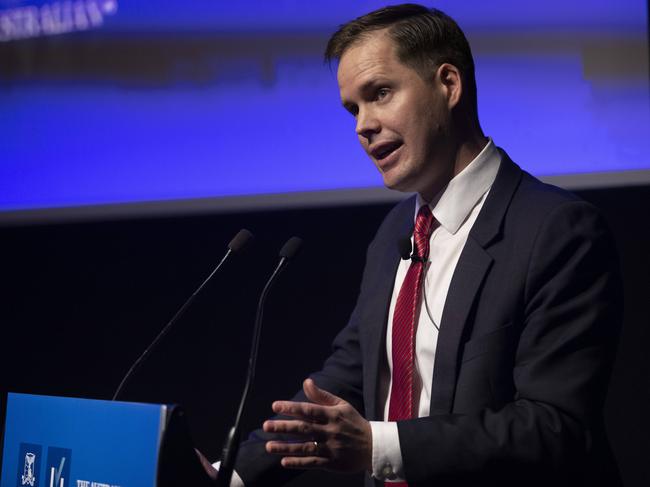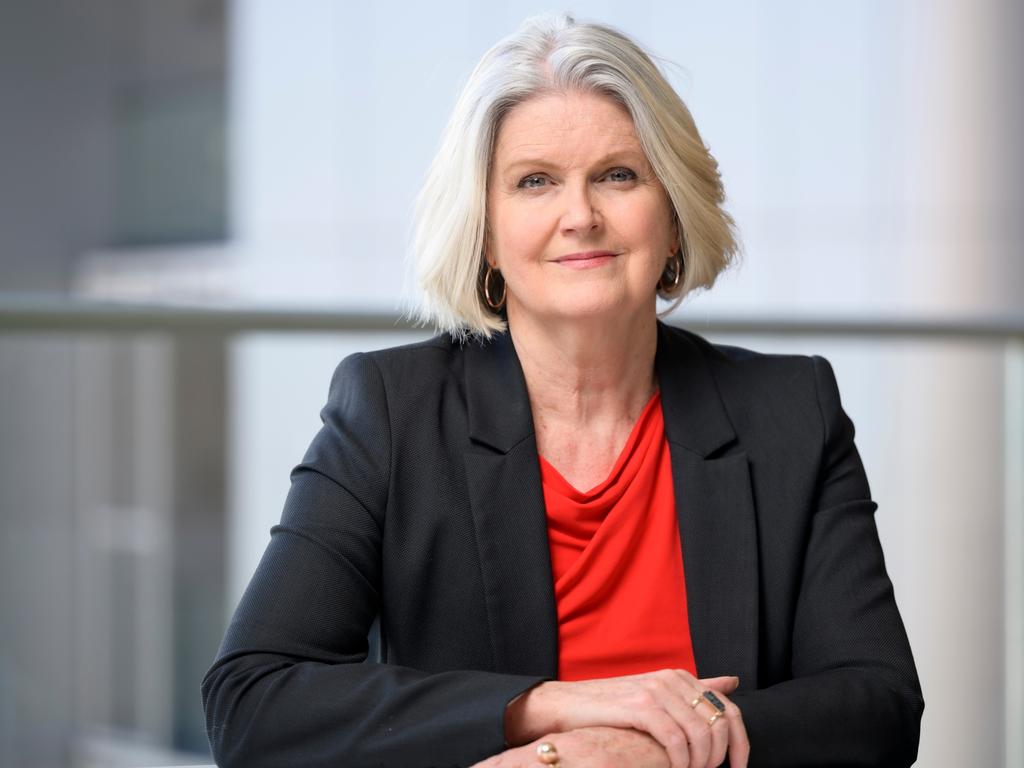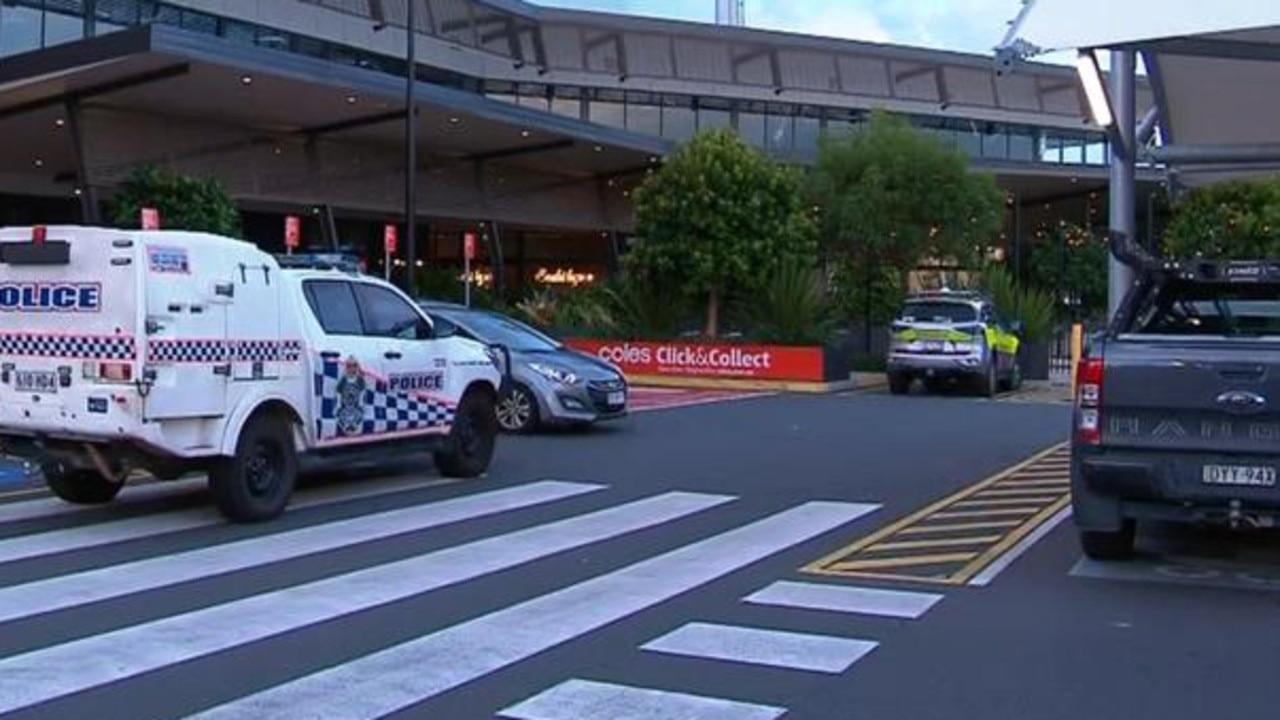Chalmers’ ‘wellbeing’ approach a ‘missed opportunity’ to better understand poverty, key advocate
Unlike many developed countries, Australia has no agreed definition or measure of who is living in poverty. The Albanese government should rectify the situation, Brotherhood of St Laurence chief executive Travers McLeod says.

Jim Chalmers’ national wellbeing framework risks missing a golden opportunity to understand which Australians are living in poverty, a term for which there is still no nationally agreed definition or measure, key community service voice Brotherhood of St Laurence executive director Travers McLeod warns.
Current estimates of who is living in poverty in Australia – 3.5 million people or one in seven – are rudimentary by international standards because Australia does not have an official poverty line or broader poverty measures that pick up other factors like access to health, education, housing and transport, he said.
Mr McLeod, a member of the Albanese Government’s Economic Inclusion Advisory Committee, said almost 50 years after Australia’s Commission of Inquiry into Poverty called for the establishment of a national poverty measure, it has never been done.

It’s time for a more comprehensive understanding of exactly who really is poor in Australia, he told The Australian.
“We know the old saying ‘what gets measured gets done’ but the absence of nationally agreed poverty measures is undermining our efforts to reduce poverty right out of the blocks.
“It should be a no-brainer that Australia, as one of the wealthiest countries in the world, has official poverty measures like New Zealand, Canada, the US, UK and EU. But we don’t. We’re an outlier.”
Mr McLeod said Dr Chalmers’ Measuring What Matters wellbeing framework was a step forward in terms of intent and had potential to improve future policymaking.
“But it is largely silent on the issue of poverty and its significance for wellbeing, and in fact mentions poverty only once,” he said. “This is something that urgently needs to be revisited. There’s a real opportunity here for the government to improve the framework, and it’s an easy fix.”
“Measuring poverty is not just about how much income you’re living on – it’s also what access people have to basic services like health, education, housing, transport and many other factors that directly affect quality of life,” Mr McLeod said.
Overseas experience suggests that once poverty is more comprehensively measured, policy measures to tackle it can be better targeted. Canada has reduced its rate of poverty from 15 per cent of the population to 10 per cent since 2015 after introducing new measures, largely on the back of policies targeted at child poverty.
The latest Productivity Commission report released last month puts the poverty rate in Australia at one in seven, with one in 10 being in persistent poverty. For some cohorts like single parents and the unemployed it’s above 20 per cent.
BSL and Melbourne University are currently working on a new project “Defining and Measuring Poverty”, which will this week be informed by visiting international expert Sabina Alkire who has developed a multidimensional poverty index now used in more than 100 countries.

The Oxford University professor, who will this week deliver BSL’s Sambell Oration, said she was surprised Australia had no nationally agreed definition or measure of poverty.
“I don’t know if there’s a bit of fear there, and I think that’s legitimate, but that fear can be replaced by welcoming and clarifying messages,” Professor Alkire said.
Mr McLeod said the reluctance to define and comprehensively measure poverty is in part down to successive governments not wanting to own the problem.
“And perhaps there’s a cultural element too, our egalitarian society not wanting to admit that poverty is a problem in Australia,” he said.
The EIAC has also called on the Albanese government to augment the Measuring What Matters reporting to include measures on economic inclusion and poverty, especially by region, and to expand the Intergenerational Report to forecast, benchmark and track savings from the alleviation of disadvantage.
The Albanese government confirmed in July that it would move the information gathering responsibility for the Measuring What Matters framework to the Australian Bureau of Statistics, with the next report on outcomes due in 2026.






